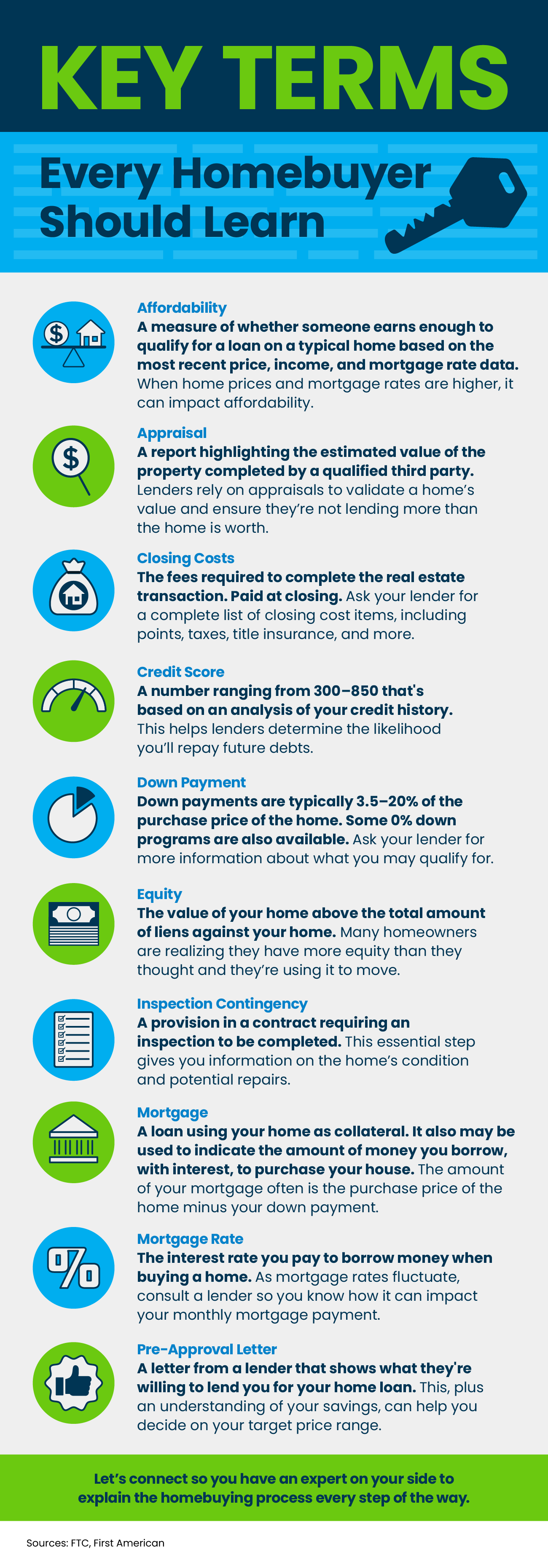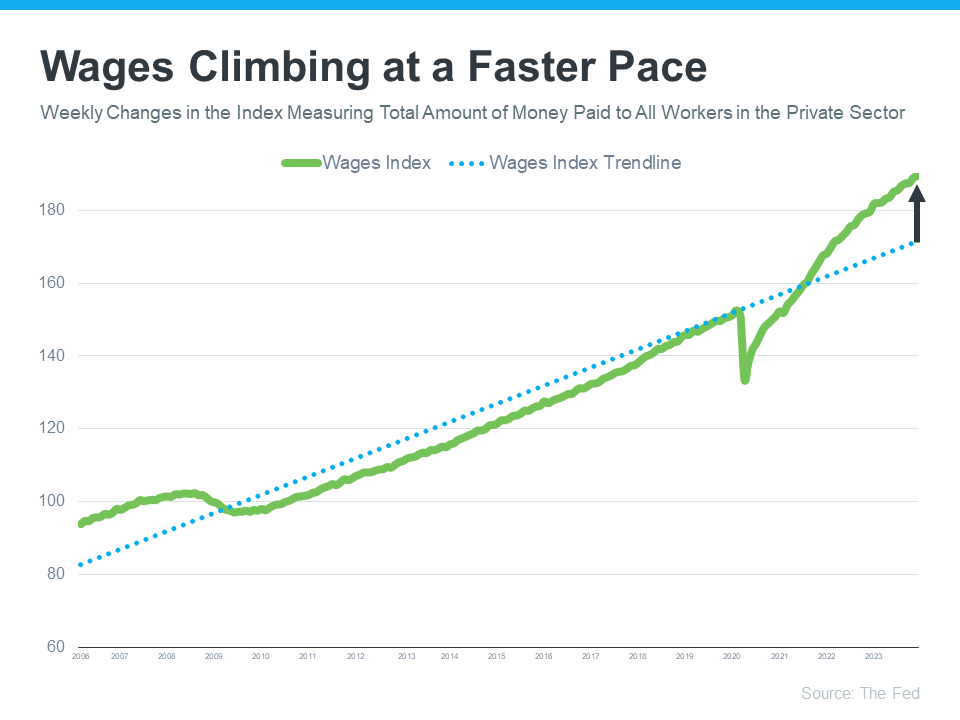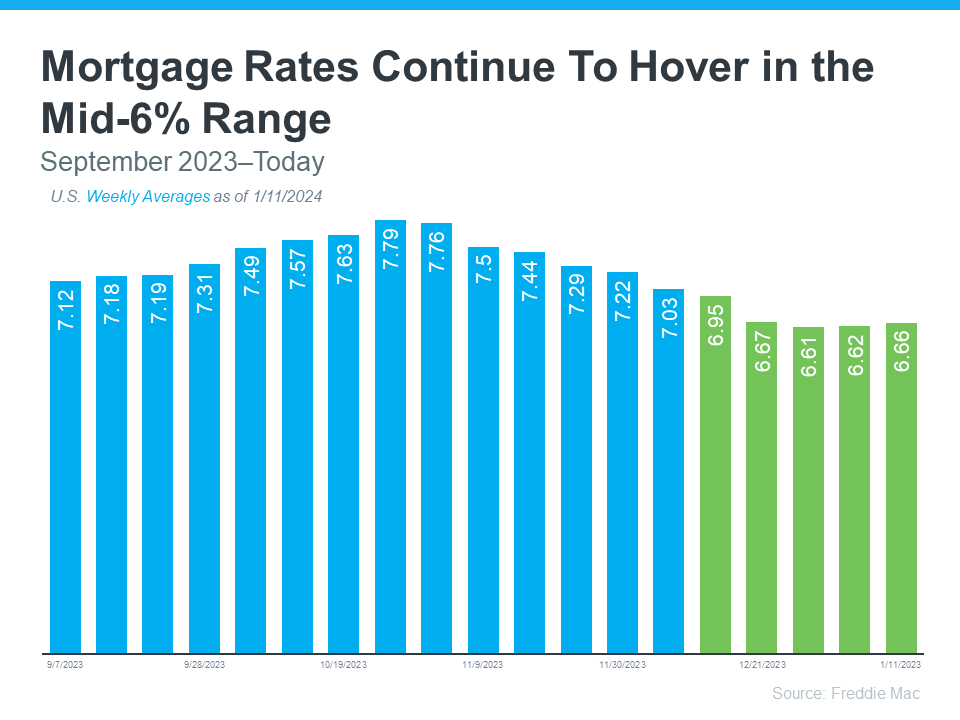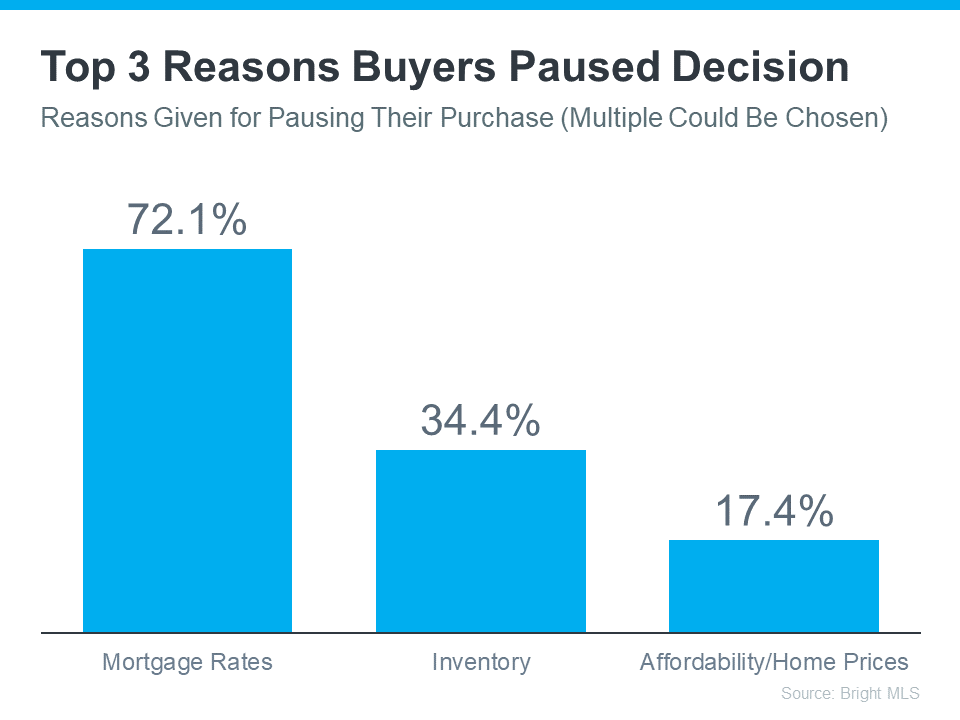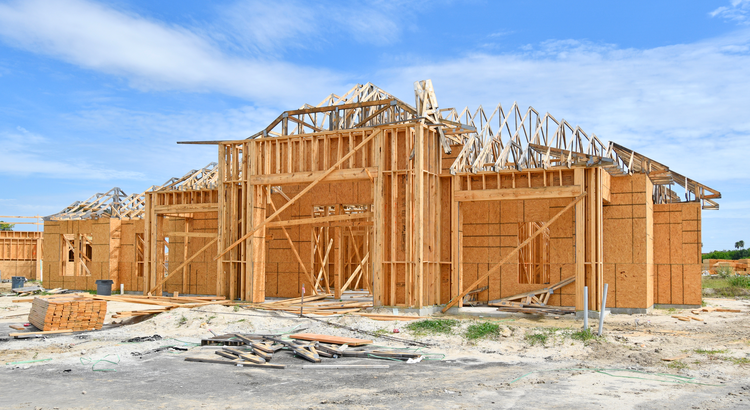![Why It’s More Affordable To Buy a Home This Year [INFOGRAPHIC] Simplifying The Market](https://terceroagency.com/wp-content/uploads/2024/01/202401-1.png)

Some Highlights
- Home affordability depends on three factors: mortgage rates, home prices, and wages.
- Mortgage rates are down from their recent peak, home prices are expected to rise at a slower pace, and wages are increasing faster than usual.
- That’s good news if you want to buy a home because it means affordability is getting better.

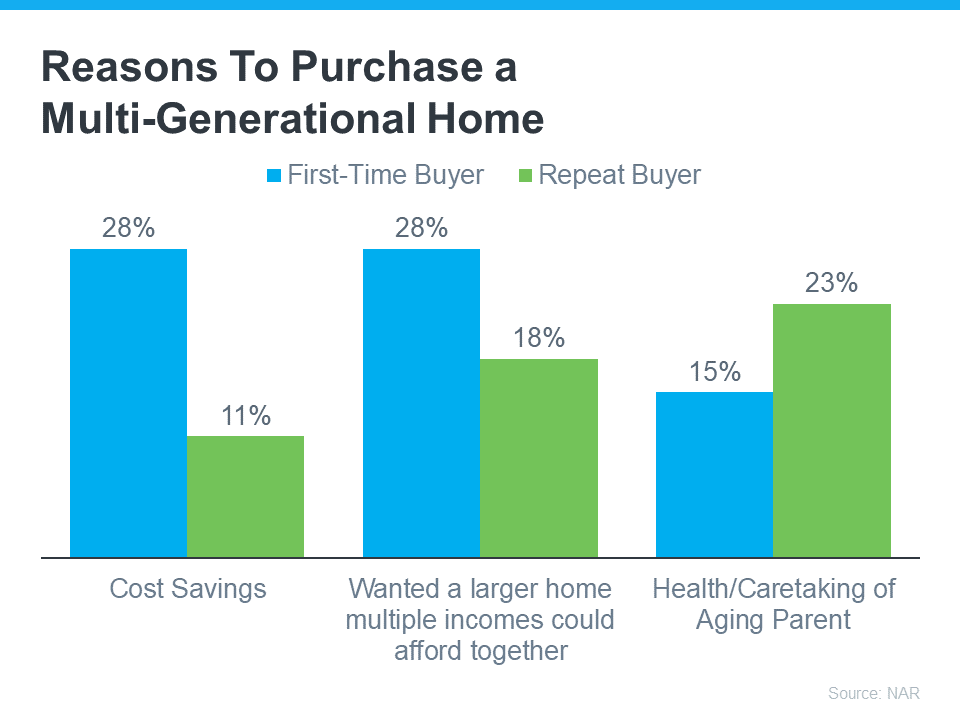

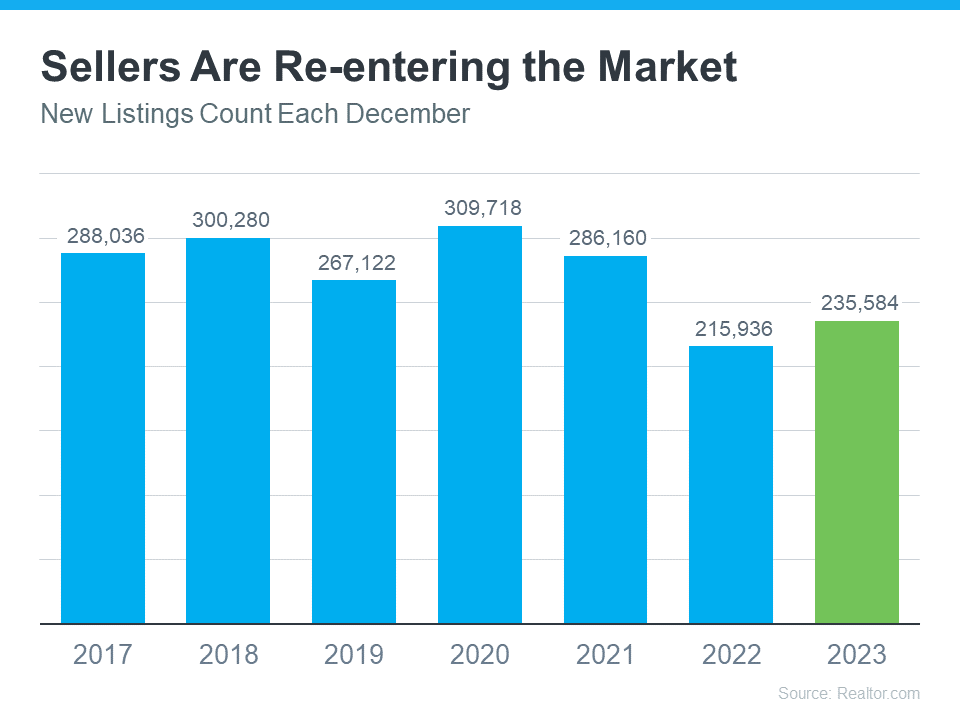

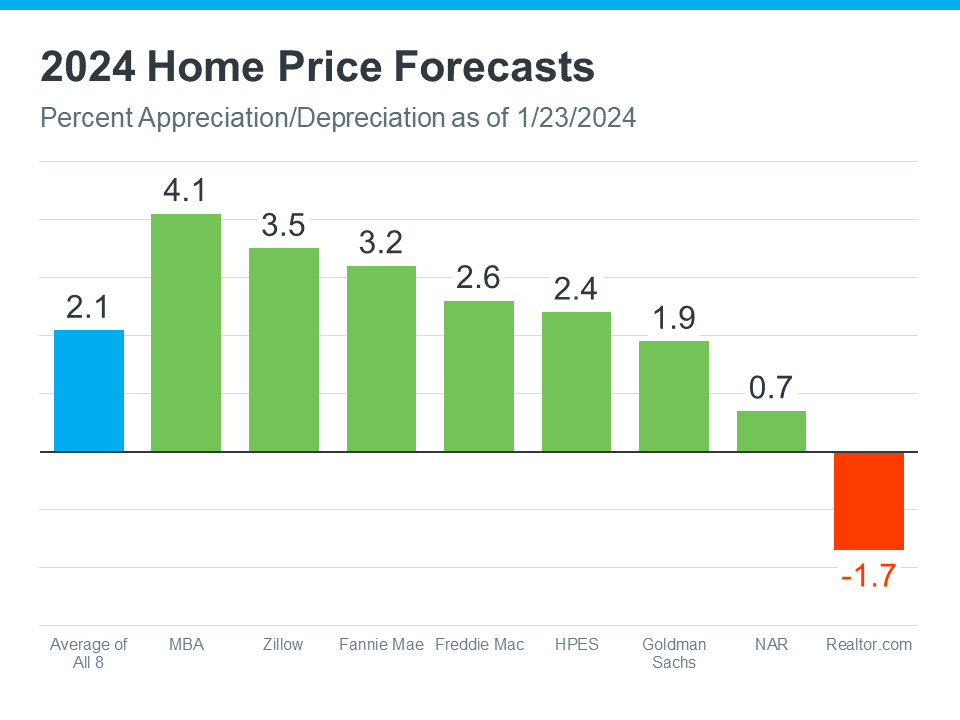

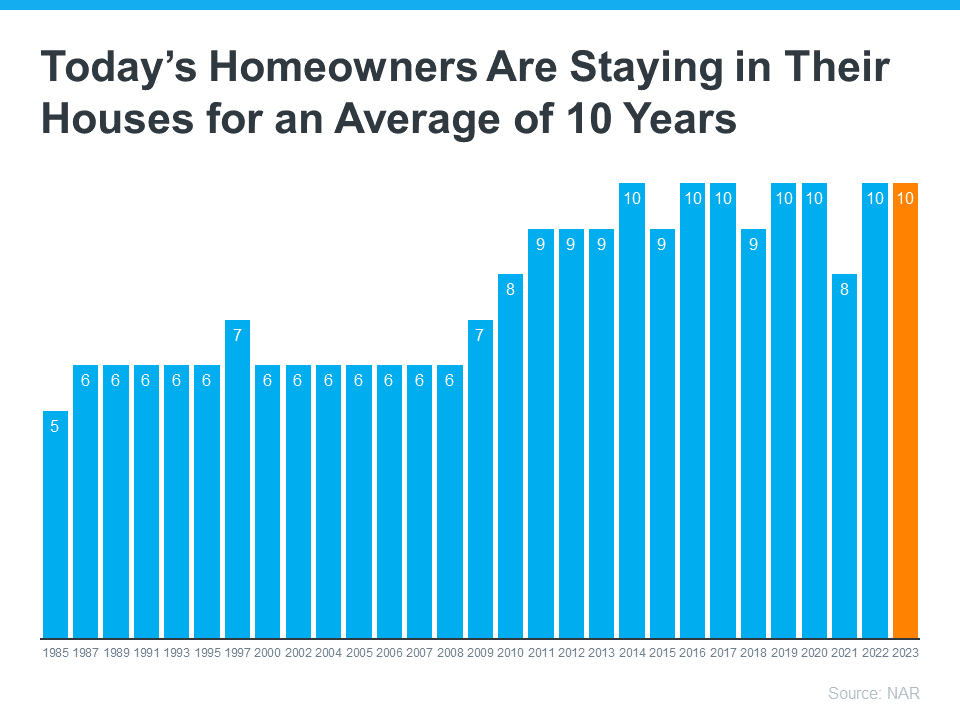
![Key Terms Every Homebuyer Should Learn [INFOGRAPHIC] Simplifying The Market](https://terceroagency.com/wp-content/uploads/2024/01/20240119-Key-Terms-Every-Homebuyer-Should-Learn-KCM-Share.png)
